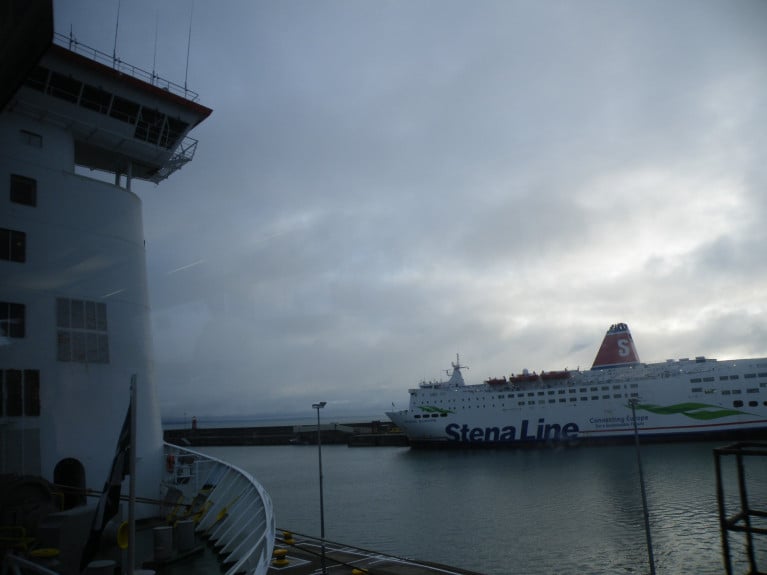Displaying items by tag: No service (1 week)
Operator Stena Cancels Sailings from Welsh Port for a Week As Ferry Transfers to Holyhead Route
Operator Stena Line will cancel all sailings for a week from one Welsh port as a ferry moves to the Holyhead-Dublin route for a temporary period.
The routes between Wales and Ireland have been hit by reduced demand due to post-Brexit trade distortion and national lockdowns.
Now Stena will take the opportunity to undertake its dry-docking programme for annual maintenance.
This will result in a new session of musical ferries on the Irish Sea.
The Stena 'Superfast' VII (see: related story) is going into dry dock and Stena Edda moves to cover the Belfast – Cairnryan route.
Stena Horizon switches from Anglesey to cover Edda on the Birkenhead route and Europe heads from Fishguard to Holyhead to keep two ships on that route.
It will mean sailings between Fishguard-Rosslare are cancelled for just over a week.
But it could mean extra dockers brought back from furlough at Holyhead. They had been placed back on the UK Government scheme due to the impact of Brexit and Covid lockdowns.
More on this reports NorthWalesLive here.
Afloat adds that competitor, Irish Ferries operates the Rosslare-Pembroke route, the second ferry port in south Wales connecting the Wexford port, whose general manager last week made a call for a consolidated ferry service using just one of the Pembrokeshire ports. This to encourage hauliers back into using the ports and the UK land bridge.
In the same week, a Welsh Affairs Committee also heard it would make logistical and economic sense for Pembrokeshire to operate a single ferry port, and possibly served by two companies linking Rosslare Europort which in recent months has seen an explosion in traffic given 'Brexit-Bypass' demand.





























































